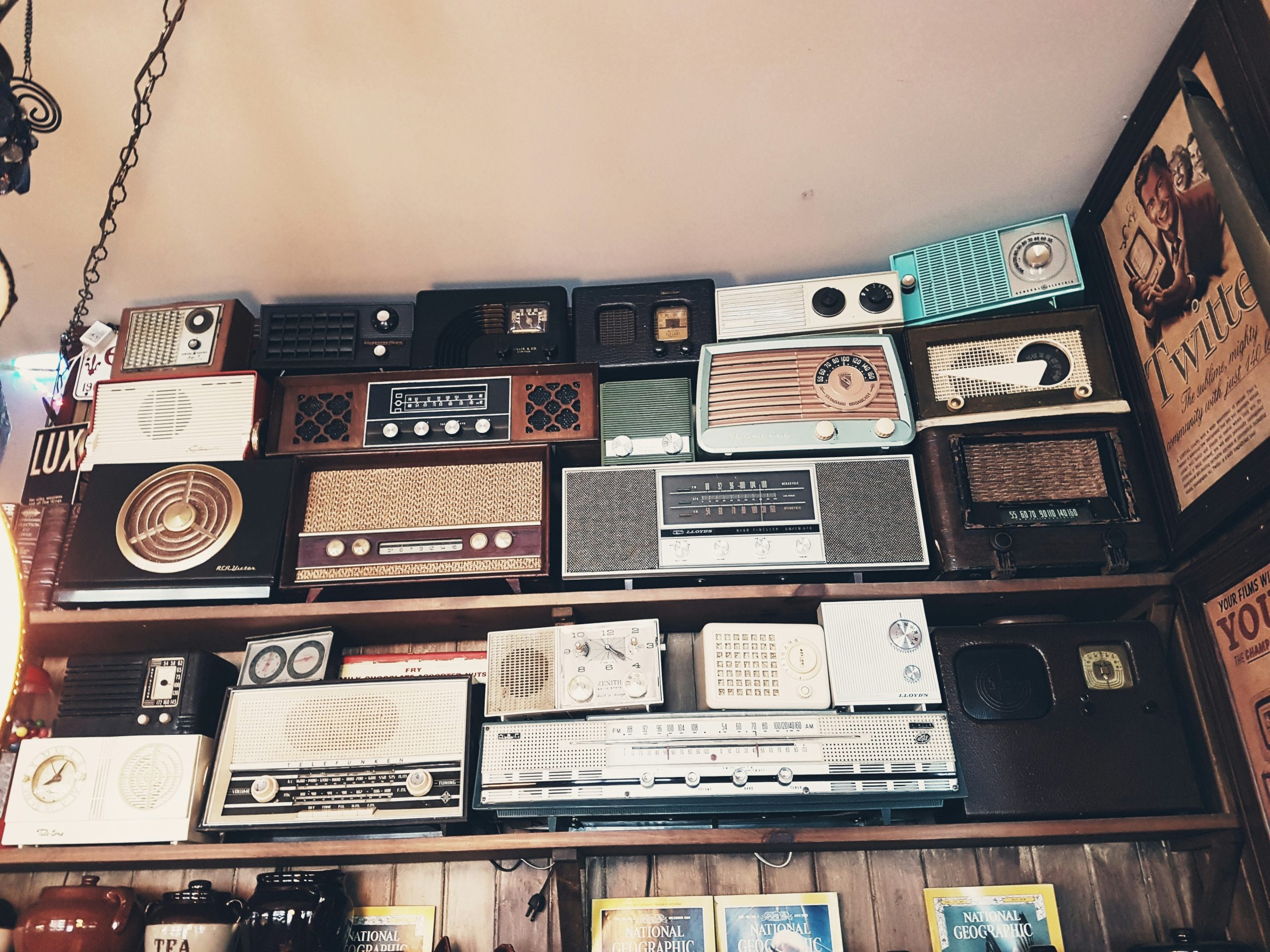Last night, Rebecca and Jemma were delighted to attend Discover.ai’s event all about the psychology of Gen Z & historical nostalgia, complete with a screening of Back to the Future. Here’s what they learnt!
It’s hard to ignore nostalgia these days, from Fleetwood Mac songs going viral on TikTok to the growing popularity of ‘dumbphones’ to the (controversial) resurrection of the skinny jean, we were particularly interested to find out what the driving forces were behind this growing phenomenon.

Shaping identity and nurturing self-growth seem to be the answer, as after analysing online conversations and content, Discover.ai saw just how nostalgia plays a key role in Gen Z’s everyday lives. It forms a path for carefully cultivated self-expression, helps to convey cultural coolness, and offers a way to switch off from an overpowering digital world. In fact, nostalgia is thought to be particularly rife during volatility, providing psychological escape. And in today’s climate of burnout and overwhelm, and an online context that offers a portal to days gone by, it’s easy to feel nostalgic for the past.
The good news is, despite the commonly held view that nostalgia is something that keeps us stuck, we learnt that it can actually act as a ‘motivational catalyst’ that ignites us and propels us forward. There’s countless examples of this in movies, TV shows and music, with content that feels altogether new, whilst still nodding to previous decades. As it says in the name, Dua Lipa’s ‘Future Nostalgia’ released in 2020 was a great example of this, offering “a future of infinite possibilities while tapping into the sound and mood of some older music”.
We heard that, if done authentically, there’s real opportunity for brands to be a part of this via creative reinterpretations, as long as they feel meaningful and relevant. This should be done sensitively, taking into account the original context you’re choosing to emulate. At it’s best, brands can look to play a part in what Discover.ai termed ‘meta nostalgia’, allowing generation upon generation to experience and re-experience things that make them feel all warm and fuzzy inside.

It’s true, nostalgia does have a positive impact on your mental health. As outlined in yesterday’s event, revisiting something nostalgic can boost your mood, foster connection, and offer a more optimistic outlook in the present moment.
Now we’re off to dig out our old Nokia phones from the back of a kitchen drawer somewhere…


